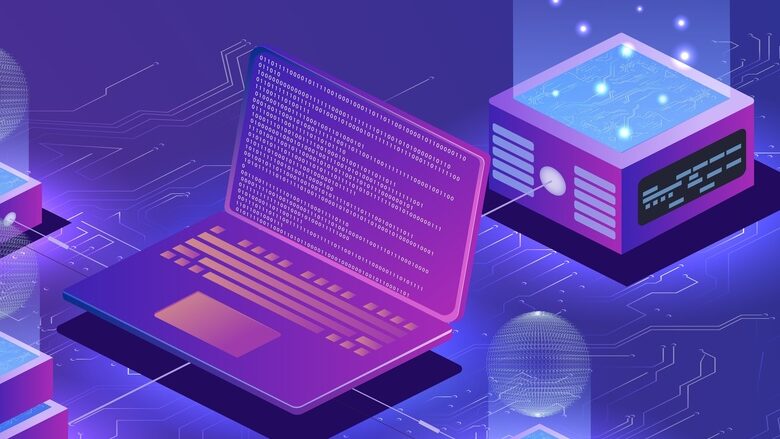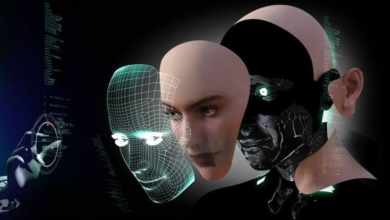Unveiling the Basics of Quantum Computing

In the world of computing, a groundbreaking revolution is underway – the rise of quantum computing. While classical computers have been the backbone of technological advancements for decades, quantum computing basics harness the principles of quantum mechanics to offer capabilities that could reshape industries ranging from cryptography to drug discovery. This article provides an exploration of the fundamental concepts behind quantum computing, shedding light on its potential and implications.
Quantum Bits (Qubits) versus Conventional Bits
The qubit, the quantum equivalent of the classical bit, is at the core of quantum computation. In contrast to classical bits, which can only exist in one of two states (0 or 1), qubits can simultaneously exist in both states owing to the phenomenon of quantum superposition. This property permits quantum computers to conduct complex calculations in parallel, resulting in an exponential increase in computational capacity in comparison to classical computers.
Entwining and Quantum Gates
Entanglement is another defining characteristic of quantum computing. This phenomenon occurs when qubits become interdependent in such a way that the state of one qubit is instantly connected to the state of another qubit, regardless of their physical distance from one another. This property can be utilized to construct quantum gates, which are used to manipulate the states of qubits. Quantum gates are the quantum equivalent of classical logic gates and the fundamental components of quantum circuits that execute quantum algorithms.
Quantum States and Quantum Measuring
In quantum computing, qubits are defined by their quantum states, which are characterized by mathematical constructs known as wavefunctions. A qubit’s state is a superposition of 0 and 1 until it is measured, at which point the superposition collapses into a single value. Due to the uncertainty imposed by quantum mechanics, the outcomes of measurements are probabilistic. Quantum algorithms must be devised to generate accurate results despite the probabilistic nature of quantum systems.
Quantum versus Conventional Algorithms
Quantum computing has the potential to revolutionize a variety of industries by solving problems that are intractable for conventional computers. Shor’s algorithm, for instance, demonstrates how quantum computers could factor enormous numbers efficiently, which has significant implications for breaching classical encryption methods. Quantum computing can perform unstructured search tasks quicker than classical algorithms, as demonstrated by Grover’s algorithm.
Problems with Quantum Error Correction
Quantum computing promises unparalleled computational capabilities, but it is not devoid of obstacles. Due to the delicate quantum states of quantum systems, environmental noise and errors pose a significant threat to their operation. Quantum error correction techniques were devised to resolve these problems by encoding qubits so that errors can be detected and corrected. However, incorporating quantum error correction adds complexity and additional qubits to the system.
Applications in the real world and Future Prospects
The prospective applications of quantum computing span numerous domains. It could revolutionize logistics optimization problems, contribute to material science advancements by simulating complex molecules, accelerate drug discovery, enhance artificial intelligence, and enhance financial modeling.
In an effort to actualize the full potential of quantum computation, researchers and businesses are constructing and stabilizing quantum hardware. Various technologies, including superconducting qubits, confined ions, and topological qubits, are competing to become the foundation of quantum computing infrastructure.
The conclusion
Quantum computing represents a paradigm transition in the field of computation, with the potential to solve problems that have been intractable for conventional computers. Quantum computing opens up new avenues for scientific discovery and technological innovation due to its unique properties of superposition, entanglement, and quantum gates. As researchers continue to surmount obstacles and make advances, the future of quantum computing holds the promise of reshaping industries and expanding the computationally possible range.



